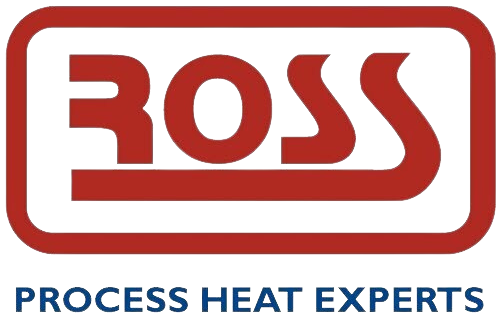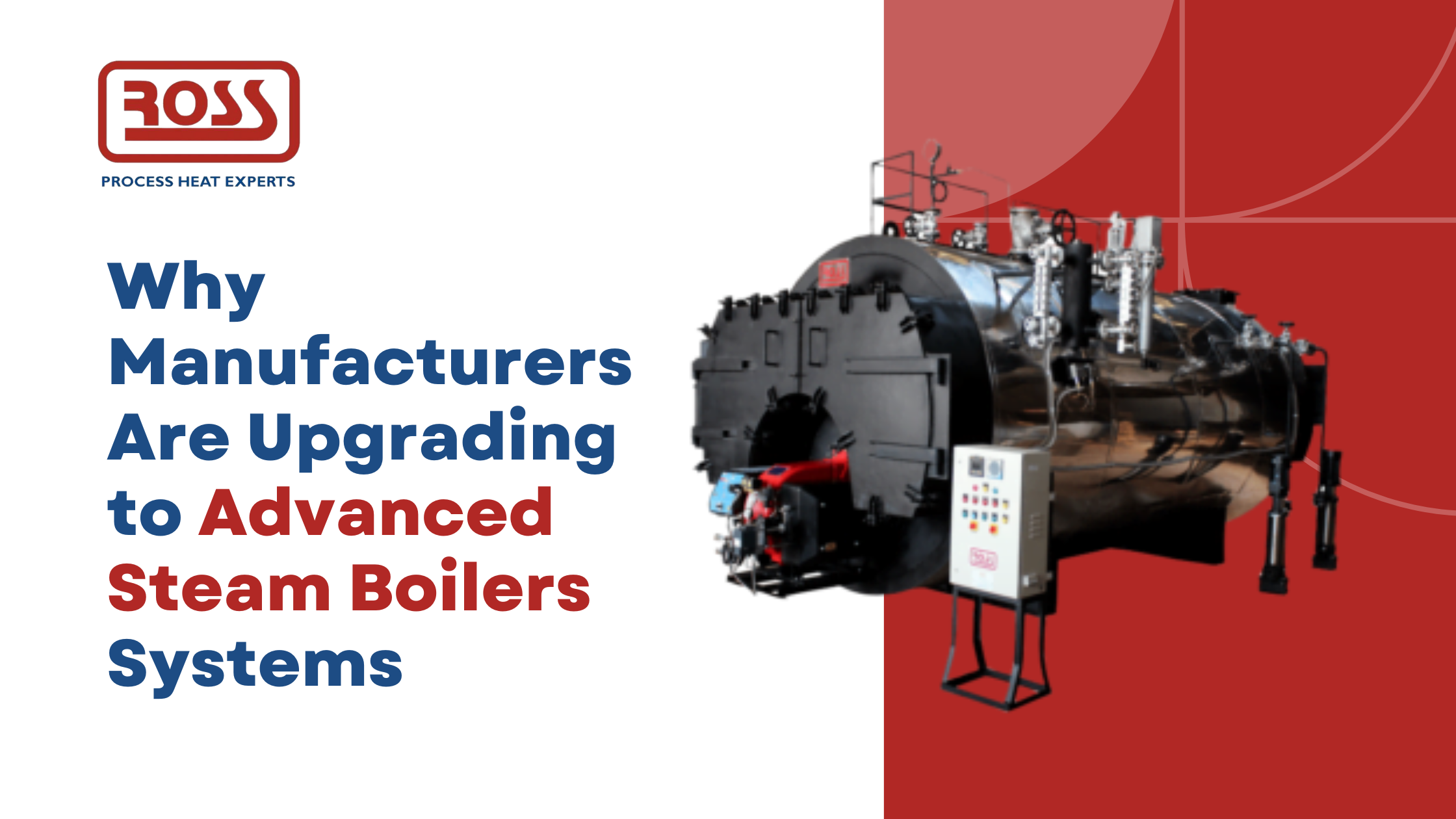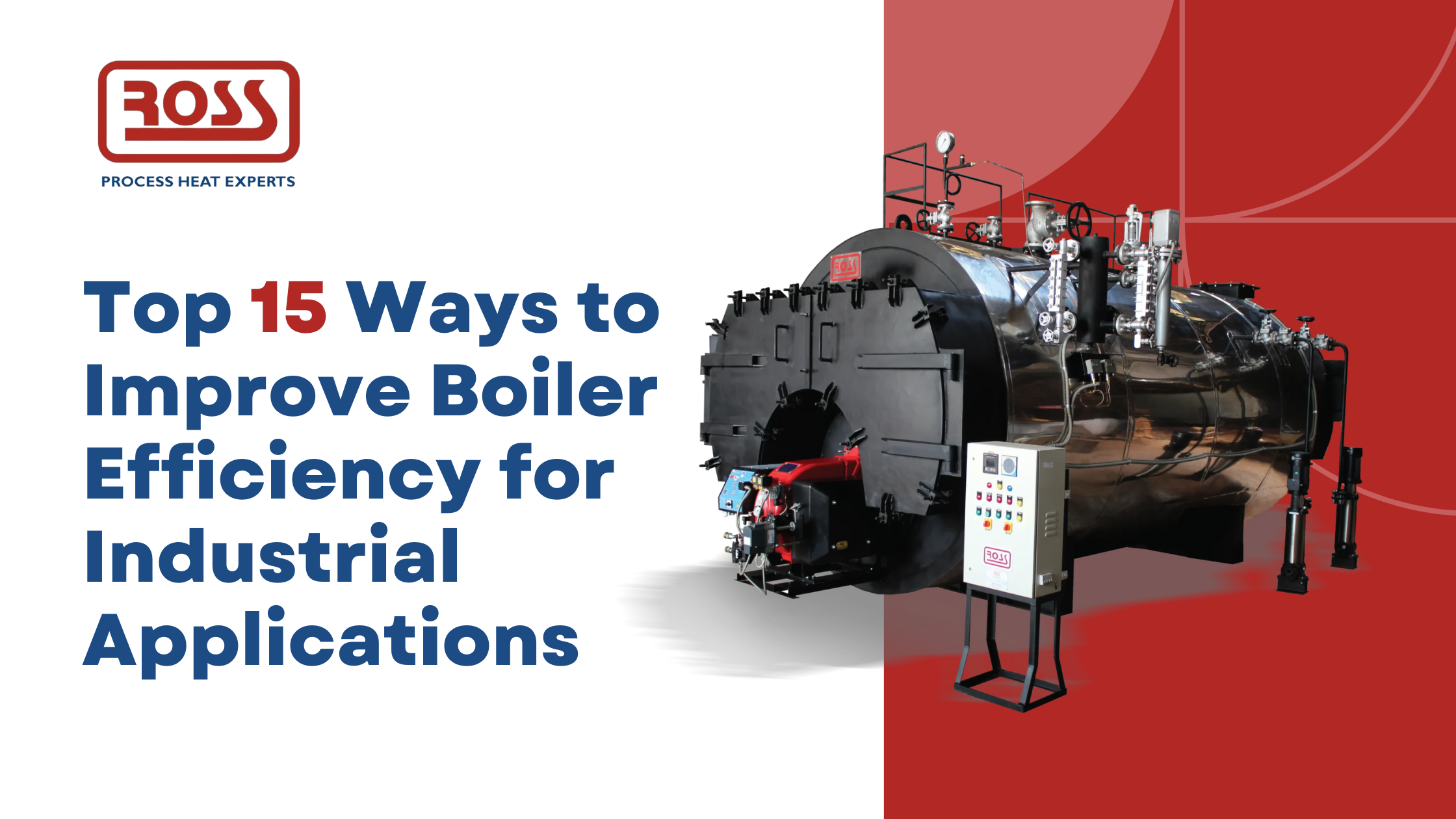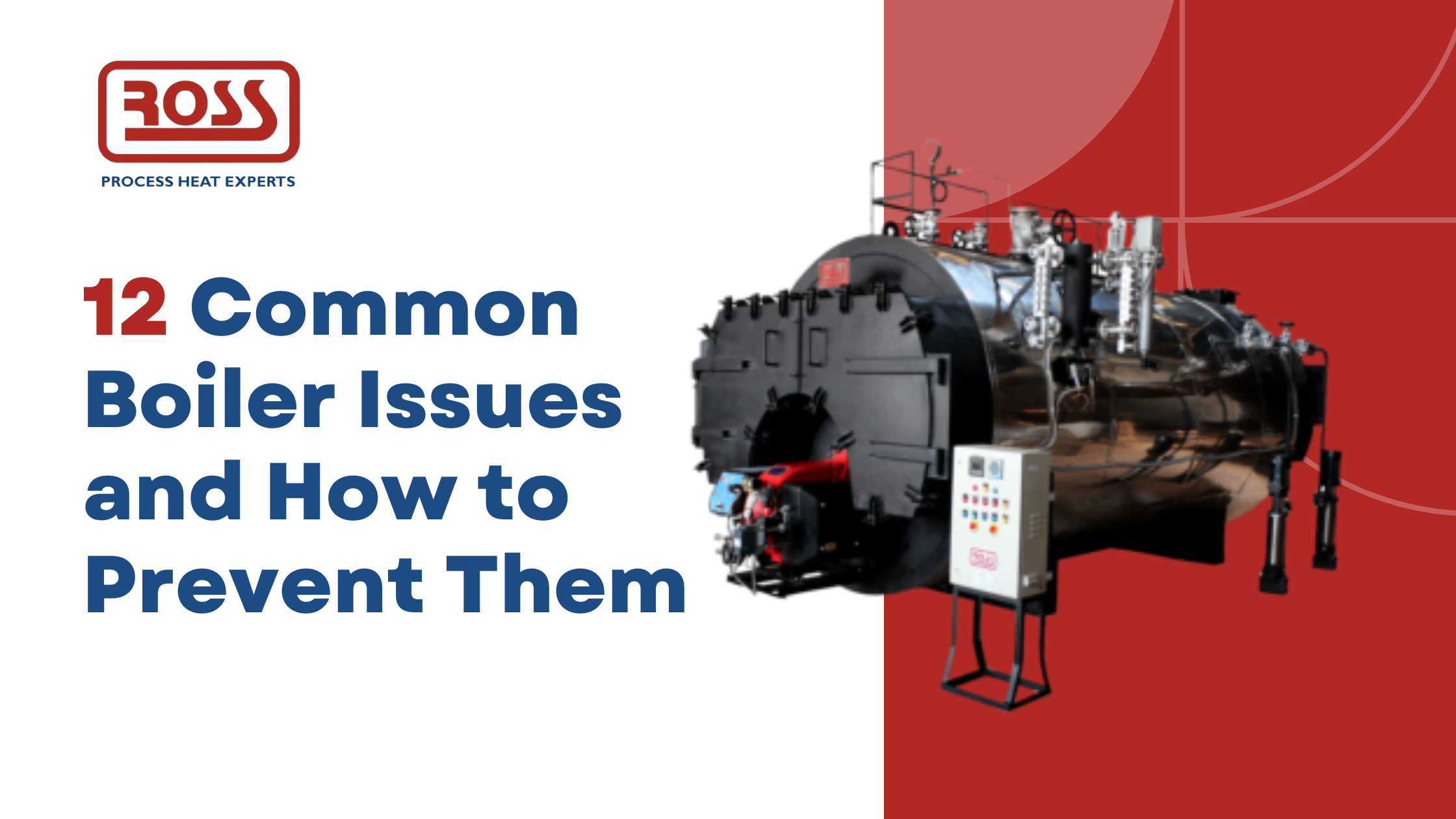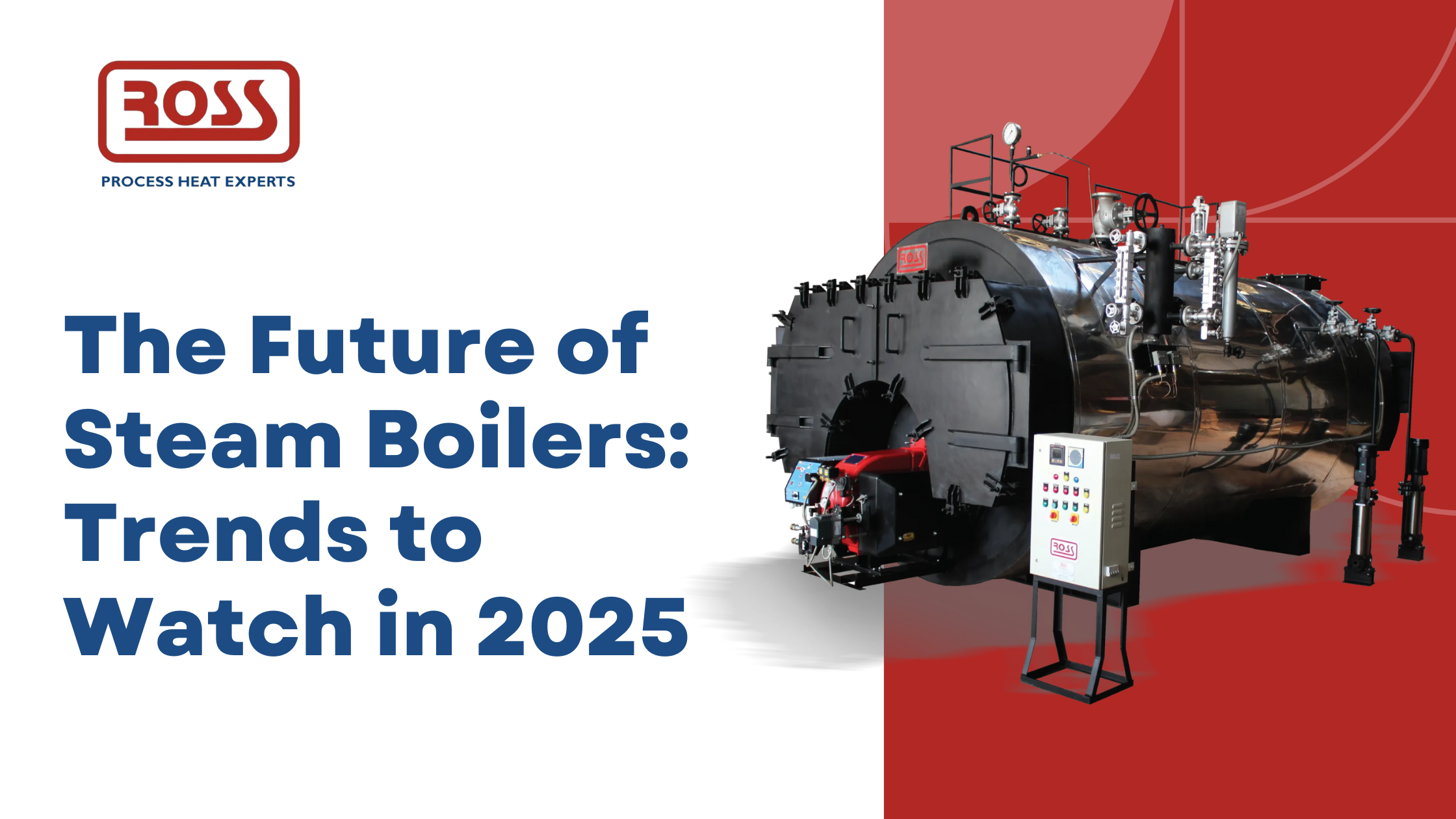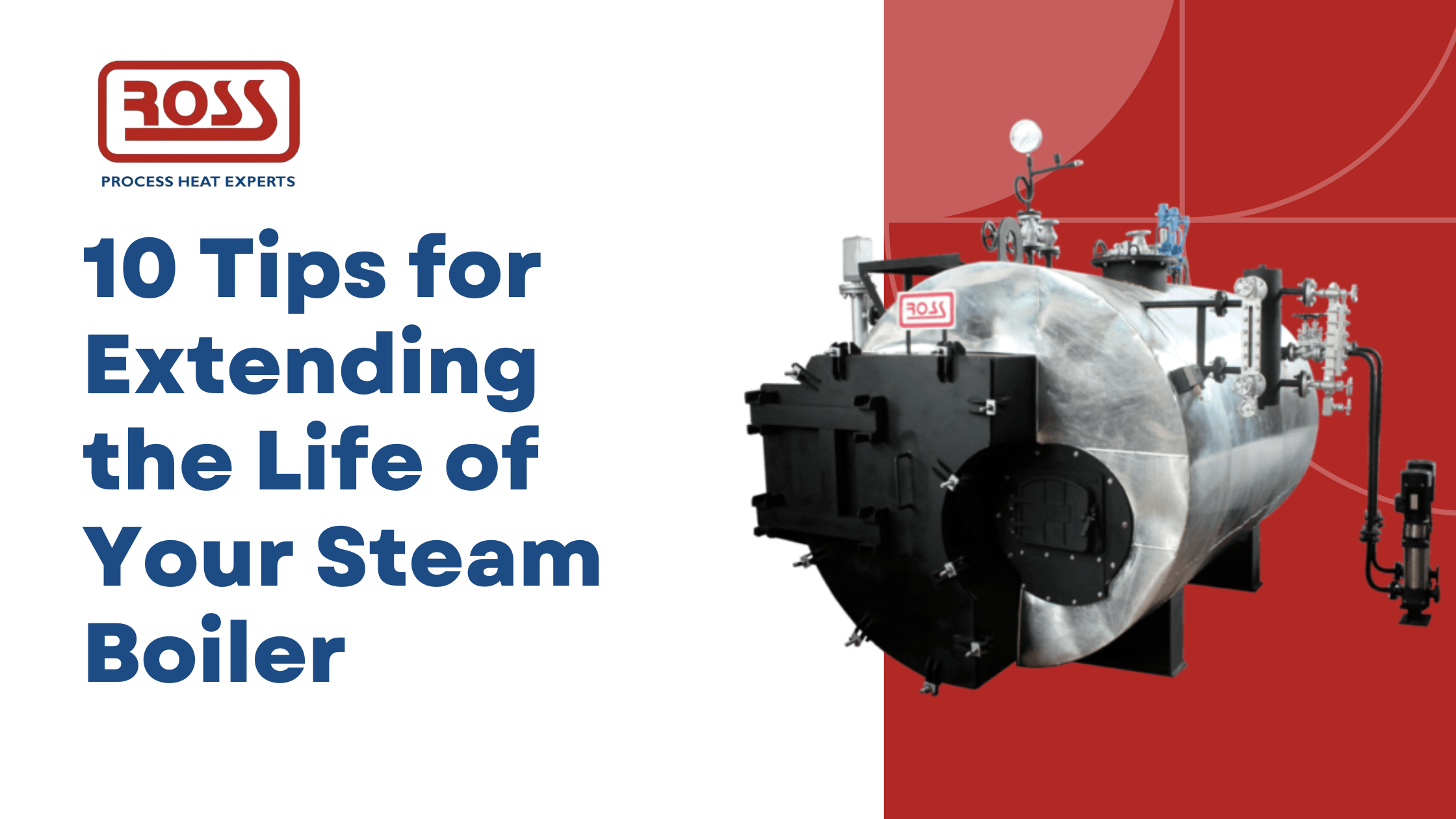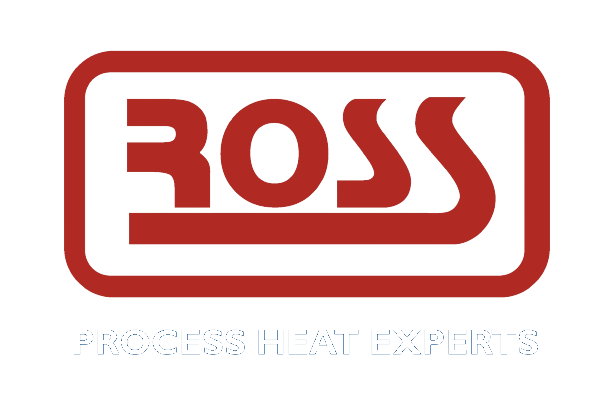If you’re managing a business, you know how important it is to keep everything running smoothly, including your heating system. Your boiler plays a vital role in maintaining a comfortable environment for your employees and customers. But like any other piece of equipment, boilers don’t last forever. Understanding when to replace your boiler can save you from unexpected breakdowns and keep your heating costs manageable. In this guide, we’ll break down twelve clear signs that it might be time to consider an upgrade.
1. Age of the Boiler
First things first: how old is your boiler? Most boilers last around 10 to 15 years. If yours is getting close to that mark or even older, it’s a good idea to start thinking about a replacement. Older boilers are generally less efficient, which can lead to increased heating costs and a higher chance of breakdowns. If your boiler is approaching its golden years, it may be time to look for a new model that can save you money in the long run.
2. Rising Energy Bills
Have you noticed a spike in your heating bills recently? If your energy costs are climbing without a change in your usage, your boiler might be the problem. Older and inefficient boilers often struggle to keep up, consuming more energy to produce the same amount of heat. This not only impacts your budget but also the environment. If your bills keep rising, consider this a strong sign that it might be time to invest in a new boiler.
3. Frequent Repairs
How often do you find yourself calling the repair technician? If your boiler seems to need constant fixing, that’s a major red flag. Frequent repairs can become a financial burden and disrupt your business operations. Instead of pouring money into an aging boiler, it could be more cost-effective to invest in a new one. New models come with warranties and are typically more reliable, giving you peace of mind.
4. Inconsistent Heating
Is your workplace feeling chilly in some areas while others are toasty warm? If your boiler is struggling to distribute heat evenly, it’s a sign that it may not be performing well. Consistent heating is crucial for maintaining employee comfort and productivity. If you’re constantly adjusting thermostats or using space heaters to compensate, it’s time to consider upgrading your boiler.
5. Strange Noises
Does your boiler sound like it’s auditioning for a horror movie? Strange noises like banging, whistling, or gurgling can indicate serious issues. These sounds often point to internal problems, such as air bubbles in the system or failing components. If your boiler is making unusual noises, it’s essential to have it inspected by a professional. Ignoring these sounds can lead to bigger problems down the line.
6. Water Leaks
Seeing water pooling around your boiler? Leaks can be a significant issue, not just for your heating system but also for your property. Water leaks can lead to mold growth and structural damage if left unchecked. If you spot any leaks, don’t hesitate to call a professional. This is often a clear sign that your boiler needs replacement.
7. Yellow or Flickering Pilot Light
Take a moment to check your pilot light. Is it yellow instead of blue? A yellow or flickering pilot light can indicate incomplete combustion, which is not only inefficient but can also pose serious safety risks, including carbon monoxide leaks. If you notice this change, it’s crucial to contact a technician immediately for an evaluation.
8. Increased Carbon Monoxide Levels
Carbon monoxide is a silent threat, and its presence in your workplace can be dangerous. Symptoms of carbon monoxide poisoning include headaches, dizziness, and confusion. If you or your employees are experiencing these symptoms, it’s time to get your boiler checked out. Regular maintenance and monitoring can help catch these issues early, but don’t hesitate to consult an expert if you suspect a problem.
9. Poor Water Quality
If your hot water is looking rusty or smells strange, your boiler may be corroding internally. Poor water quality not only affects your heating system but can also pose health risks to your employees. Discolored or foul-smelling water is a sign that you need to address your boiler’s condition immediately.
10. System Compatibility with Current Needs
As your business grows and changes, so do your heating needs. If you’ve expanded your workspace or added more employees, your current boiler may no longer be sufficient. Upgrading to a more efficient model can help meet your heating demands while saving you money on energy costs.
11. Lack of Safety Features
Older boilers often lack modern safety features that protect against hazards. Newer models come equipped with improved safety technology that can give you peace of mind. If your boiler doesn’t have essential safety mechanisms, it’s time to consider an upgrade to ensure the safety of your workplace.
12. Professional Recommendations
Sometimes, the best way to know if you need a new boiler is to consult a professional. They can assess your specific situation and provide valuable insights into your boiler’s condition. An expert can help you make an informed decision that’s best for your business.
Conclusion
If your boiler is showing any of these signs, don’t wait too long to take action. Ignoring the warning signs can lead to costly repairs and discomfort for your employees. Upgrading your boiler can enhance efficiency, reduce costs, and ensure a safe environment for everyone in your workplace. For reliable options and expert advice, consider reaching out to a steam boiler supplier in Abu Dhabi. Investing in a new boiler today can lead to a more comfortable and productive work environment for years to come!
At Ross Boilers, we design and manufacture industrial steam boilers designed to the specific requirements of our clients. Ross Boilers has been a leading steam boiler manufacturer in Dubai, Al Ain, Ras Al-Khaimah, Sharjah, Middle East, Ajman, Umm Al Quwain, Fujairah, and Abu Dhabi for 25+ years. Contact us to know more.
